Every beekeeper says about his honey that it is the best in the world. And he is not far from the truth. The situation is similar to that of a child for a mother. The best child in the world! For that mother.
Of course if you are interested in an absolute truth, then such a thing is impossible to exist. A child can be the best in swimming, in mathematics, in basketball… It cannot be in everything. For that reason the phrase “the best honey in the world” is inaccurate and lacks important details.
Honey can be of so many types. Theoretically as many as flowers with nectar. So we can have the best acacia honey and the best tupelo honey. Or the best manuka honey, of course. (But I do hate this wrong conception that manuka honey is the best honey in the world.)
Anyway, the thing with “the best honey in the world” is encouraged by all the countries, by organizing these “international contests” to which, unfortunately, not all the countries participate. So, the data are not exactly accurate. Yet, there are contests which are more popular and famous than others, and they have become credible enough. Such a contest takes place with every Apimondia Congress.
But every country can organize festivals and contests, national contests or international ones. Let’s take the example of Jessamine Eden apiary, Grenada – an island located in southeastern Caribbean Sea, northwest of Trinidad and Tobago, northeast of Venezuela, and southwest of Saint Vincent and the Grenadines.
Jessamine Eden apiary
I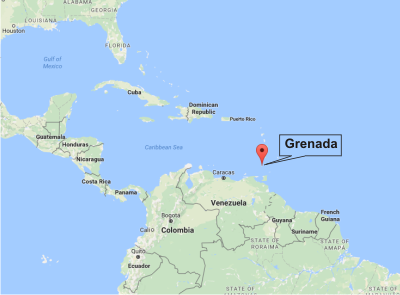 n 2016 they won the First Prize for the best honey in the world, at the 85th Annual UK International Honey Show in London. Dr. Valma Jessamy, the chief beekeeper and the resident scientist at Jessamine Eden says “We are elated because this award demonstrates the consistent high quality of the honeys from our organic artisanal apiary” .
n 2016 they won the First Prize for the best honey in the world, at the 85th Annual UK International Honey Show in London. Dr. Valma Jessamy, the chief beekeeper and the resident scientist at Jessamine Eden says “We are elated because this award demonstrates the consistent high quality of the honeys from our organic artisanal apiary” .
In 2012 they also won Silver Award at London Honey Show.
It’s not a common apiary. It is located at the Grenville Vale Tropical Botanic Garden, a conservation farm which is a natural sanctuary for the honeybee. It has over 60 acres of tropical gardens and organic farms and rain forest trails within the Grenville Vale Estate in St. Georges. The apiary itself was named “Jessamine” Eden, after the milkwood plant that is a member of the group of flowers which is ubiquitous in the Vale and native to the Caribbean.
In so many ways, this apiary resembles the greenhouses that produce Revamil, the medical honey which is produced in Netherlands, Europe, by Bfactory Health Products.
So the apiary is located in a botanical garden, full of medicinal plants. Their policy regarding beekeeping also has strict rules. They never feed the bees supplementary with anything else then their own honey, never use chemicals on the hives and commercialize only raw, unheated or ultrafiltered honey. It’s a pity they don’t sell it online. Seems like we have to go there if we want some. But the trip is worth all the trouble!
Their winning honey: Spice Island Pure HoneyTM, produced from medicinal plants and wildflowers. If you want to know more about them, maybe taste some honey, please visit their website: jessamine-eden.com
 picture source http://www.jessamine-eden.com
picture source http://www.jessamine-eden.com
Apimondia World Beekeeping Awards
The best honey in the world.
From 1897, every 2 years the World Congresses of the International Federation of Beekeeping Associations APIMONDIA are held in different countries of the world. It’s the most popular of all honey manifestations. It also organizes a contest for the title of “the best honey in the world”.
For example, in 2013, 37 countries worldwide participated in the contest: Australia, Austria, Belarus, Brazil, Canada, China, Cyprus, Denmark, Ethiopia, Finland, France, Germany, India, Italy, Jordan, Kyrgyzstan, Lithuania, Moldova, Oman, Poland, Romania, Russia, Rwanda, Saudi Arabia, Slovakia, Slovenia, South Korea, Spain, Switzerland, Tanzania, Turkey, Uganda, UK, Ukraine, USA, Venezuela, and Zimbabwe.
There were more than 400 exhibits registered. Apimondia offered 100 medals including: 41 Gold, 31 Silver and 28 Bronze. Slovakia won the greatest total number of medals: 15.
But the contest is not only about getting this title, but about getting the recognition of the best in each types of honey. There are contests for light honeys, dark honeys, granulated honey and others.
So, what is the best honey in the world?
In 2013
A wildfloral honey from Cyprus.
As it was declared by Apimondia at its 43rd Apimondia International Congress, Tziverti Company from Cyprus (presented by Mr Dimitris PAPAKOSTAS) managed to make the best honey. From the above mentioned 37 countries.
Tziverti Company means five generations of beekeepers. A work started in 1950 with 20 hives.
Today they move their hives around following unique nectar-rich plants such as: eucalyptus, citrus trees, thyme, sumac, wild rosemary and lavender.
In 2013, Tziverti participated with only 2 of its honey varieties, the Cypriot wildflower honey and thyme honey. First, both varieties were won a gold medal in their category. After that, each honey which had received a gold medal in the six categories, competed together for the title of ‘Best Honey in the World’. This is how it is awarded.
And Tziverti has won more than that.
In 2009 it won a bronze medal at the Apimodia international competition in Montpelier.
In 2010 it won a gold and bronze medal at the Apimedica and Apiquality 2010 international forum in Ljubljana.
If you want to taste it, I have found some on Amazon.co.uk, though currently unavailable, and on foodfromcyprus.com.
In 2015

A leatherwood honey from Tasmania.
The 44th APIMONDIA International Apicultural Congress was held in Daejeon, Korea. 22 judges decided which was the best honey in 2015.
At the commercial category, Lindsay Bourke with a Tasmanian Leatherwood honey won the gold medal and the most wanted title of ” The Best Honey in the World”. And the Extracted Honey produced by Apis mellifera, Abdulaziz Albarjas from Kuwait won the gold medal.
In 2016 Lindsay Burke was the WINNER OF THE 2016 AUSTRALIAN EXPORT AGRIBUSINESS AWARD. And also in 2016 he was named Biosecurity Farmer of the Year at the national Farmer of the Year awards in Sydney.
Conclusion? The best honey?
Competitions have always been. They stimulate us. Specialists will tell us their knowledge. We respect their opinion and trust them. But if we, alone, have to decide which is the best in the world, I will always say that,
The best honey is that which we enjoy the most.
And so we have lots of best honeys. Do you want some examples?
Romanian honeys, Anzer honey, Bashkir honey, Elvish honey… The list is way too long. Not to mention that today everybody says manuka honey is the best of all and does not need to participate in any contest to prove it. 🙂
=======
============
Other references:
http://www.ozhoney.com.au/about/news-media/
http://www.apimondia.org/

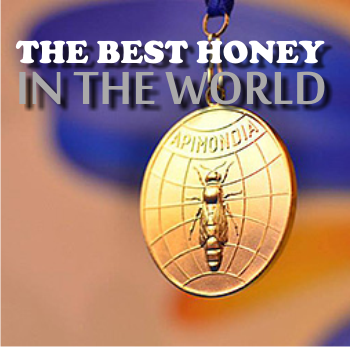
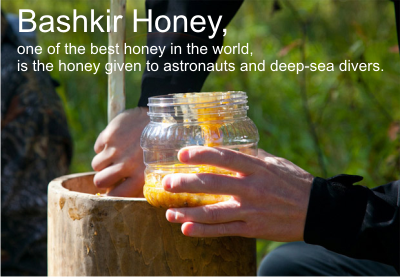
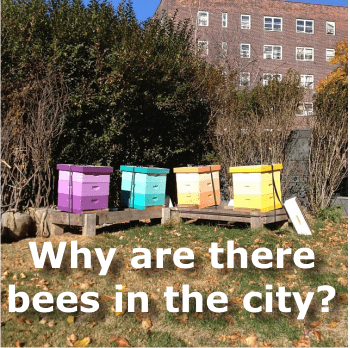
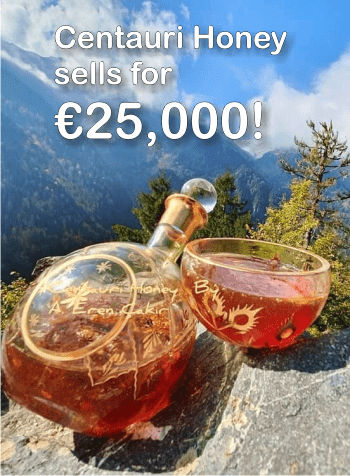
There are 195 countries in the world so 37 countries listed make 18.9%. The fact that you have to pay a registration fee for a congress that you can not attend makes it very limiting. There are more than 400 beekeepers in the world. The claim of the “Worlds best honey” is very misleading